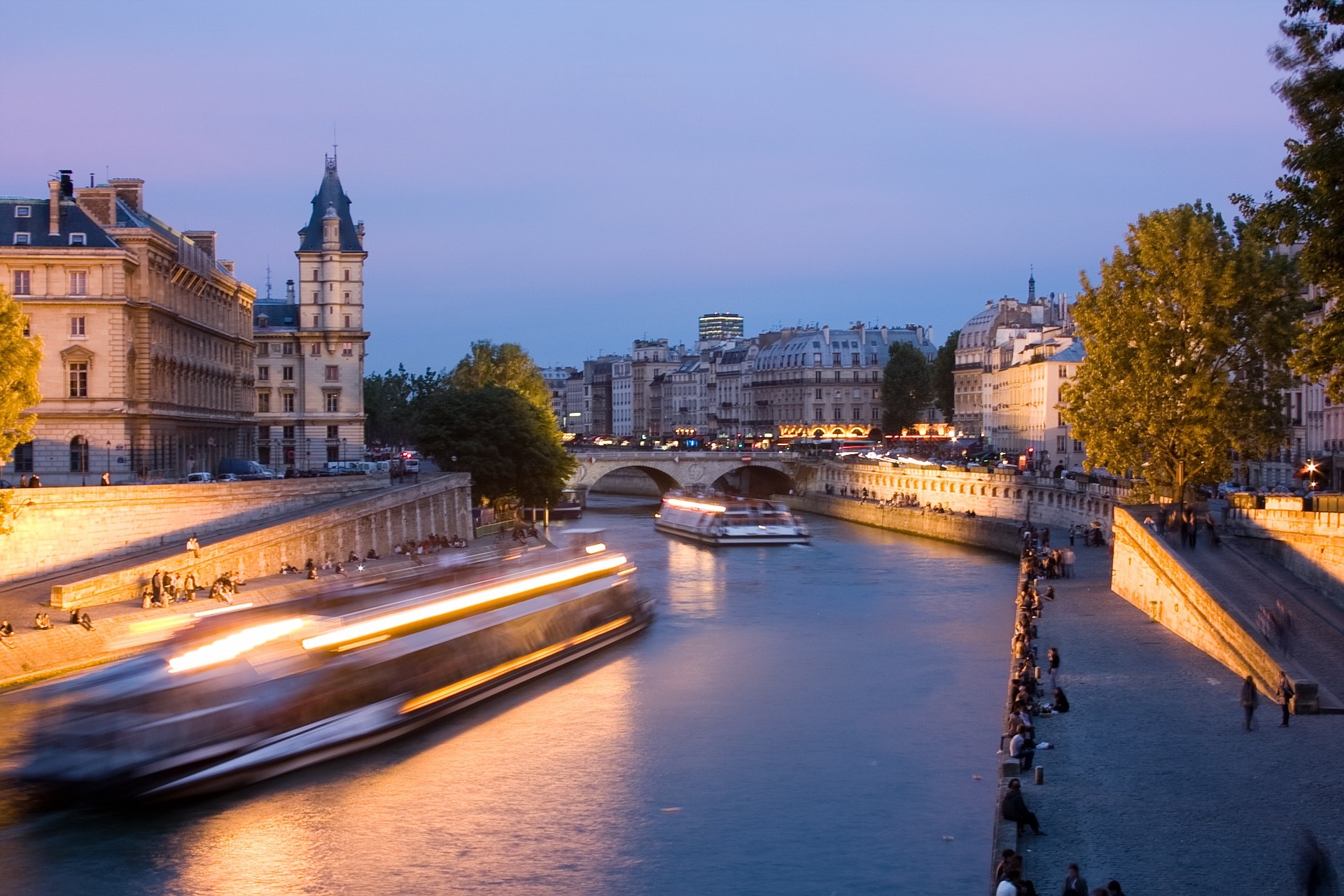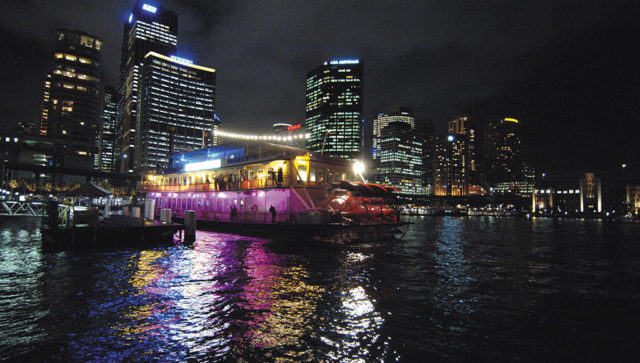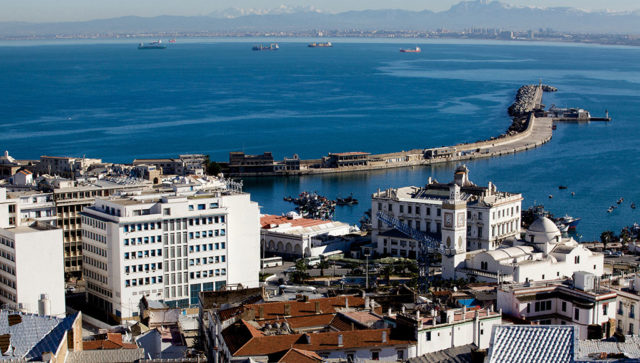
Building the Smart and Resilient City
March 5, 2017 — Blog
Cities have always thought smart. However, current expansion is generating additional complexity.
Cities are now the main human living environment, and demand impressive resilience facing dramatic past and current challenges.

The concept of “smart city” has recently emerged, often based on IT solutions, as a tempting response to those challenges. One has to remember that resilience is deeply rooted in cities’ DNA, in their history, their culture, their social legacy – and above all in their citizens’ creativity. All those remain present and powerful resources.
The speed and scale of today’s changes calls for new ways of tackling the uncertainties of the future.
However, it is necessary to acknowledge that the speed and scale of today’s change call for new ways of tackling the uncertainties of the future.
Cities share common challenges, such as environmental risk and damage, access to vital resources, security, mobility, quality of life and city attractiveness, as well as the funding of infrastructure and energy.
In today’s world, new factors are adding complexity to these issues and changing the ways cities tackle them. These factors included demographic growth, economic development, changes in citizen expectations and behavior and demands for greener environments have made existing issues more complex, and generated new ones.
Suez Environnement was part of the major social revolution in the 19th century, public health, and in the 20th century, modern urban services. Today, we are at the dawn of the resource revolution. Only 2.5 per cent of water on Earth is fresh water, and 10 million tonnes of waste produced every 24 hours. We want to help meet the challenges of this resource revolution. This revolution is circular, aiming at regenerating resources that are essential to life and the future according to the principles of the circular economy, concrete, involving tangible and innovative actions to secure resources and collaborative, engaging everyone who contributes, each at their own level, to better manage and secure resources for the future.
We are accelerating the transformation of our businesses and our organization toward an industrial services and solutions company specializing in securing and recovering resources.
A definitive and universal solution for cities will never be invented.
Within this transformation, when addressing complex urban issues we have the conviction that a definitive and universal solution for cities will never be invented. Current response to difficulties based on recent technological progress capable of replacing culture and social interaction in urban problem solving, are more than unsatisfactory.
Solutions often lack the crucial human component, and the creativity, entrepreneurship, and imagination that comes with it. For cities to thrive in the future, the following three pillars are key:
- Interactivity and co-construction: figuring out what needs to be done requires the involvement of stakeholder on an equal footing
- Improvement of services: citizens are legitimately expecting innovation to make their daily life easier
- Identification and leverage of tangible savings to address the economic and financial issues
Our vision is of a city that places citizens at the center of its project(s) – plural and singular – with the following success factors:
- Inclusion ahead of project: citizens should co-create and co-design what their city will look like through wiser use for databases (for which the creativity of citizens and small businesses will never be surpassed).
- Long-term and continuous involvement of all actors during the life of the project, granting each and every citizen access to decision-making venues, within an organized dialogue leading to creative solutions.
- A pragmatic, problem-oriented approach, ambition already demonstrated through various projects
A smart operator is therefore one that listens before acting, and which is made wiser by the input from citizens/residents. One who masters the technologies (including ICT) but puts the users and not the technology at the core of its proposals. Reaching out to those who live and animate the city – residents, small businesses, mayors, NGOs – is the only way forward. And this constitutes our promise to cities.

One fascinating example can be found in Casablanca, an emerging city that is expanding rapidly (over 300 hectares per year), yet which faces limited financial and natural resources. It has therefore become essential to reconsider the way its urban services are managed.
Suez Environnement has progressively developed its activities along with the country and more specifically in Casablanca.
Since 1997, Suez Environnement is the public services operator in electricity and public lighting, water, wastewater and stormwater, with 5 million inhabitants served. The Group has also been in charge of waste collection and treatment since 2004, as well as street cleaning, and has performed several engineering studies for the design of the city’s tramway.
Having built a strong understanding of Casablanca and its citizens, we are equipped to support the city in its transformation, providing integrated urban systems addressing existing and arising challenges.
Faced with the global challenge of urbanization, being part of NewCities will enable us to enrich our vision and share our solutions with city leaders, decision-makers and thinkers.
Such an initiative is a unique opportunity to exchange on fascinating subjects and contribute to the urban revolution.